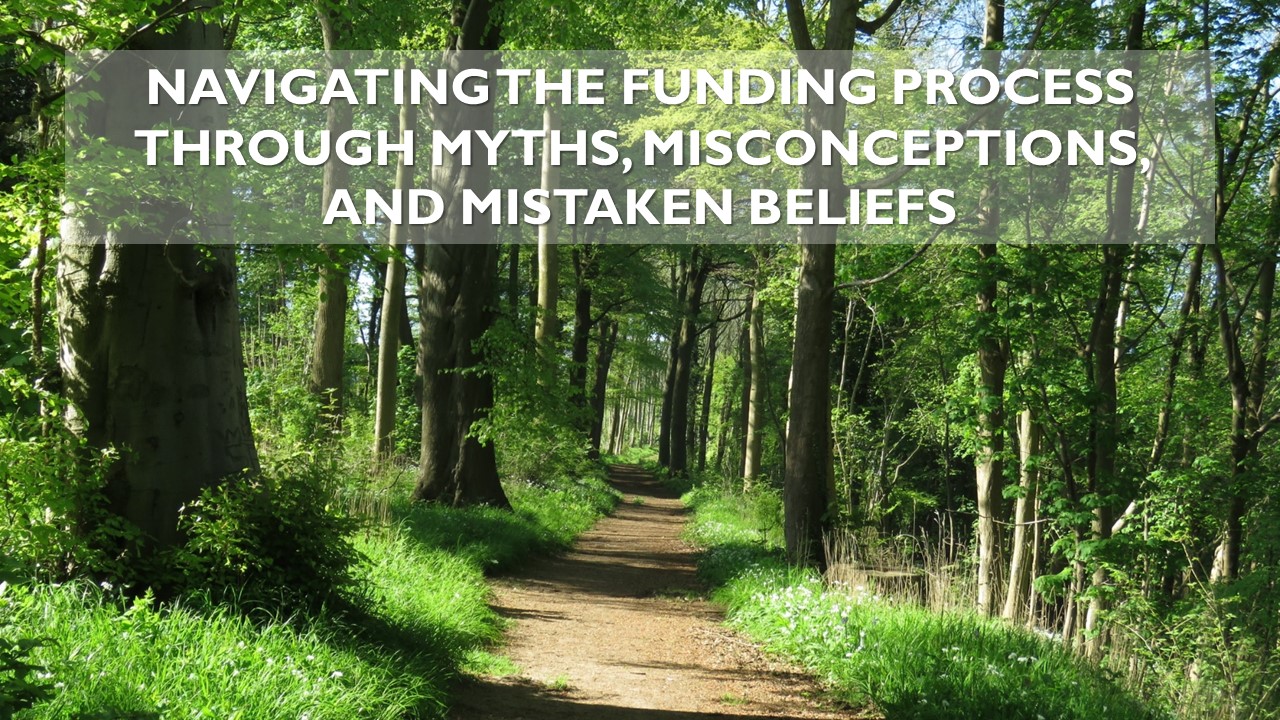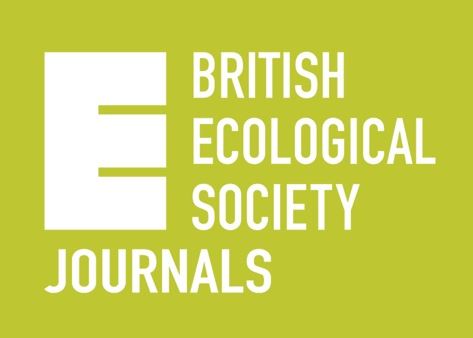|
|
|
Welcome to our final newsletter of 2023, a range of news from across our network reflecting and informing our community.
|
|
|
|
|
UKAN Leads the World in a Campaign to Make Listening Safe
|
|

|
|
On the 1st of November 2023 UKAN supported a World Health Organisation initiative, Make Listening Safe, launch at Silicon Roundabout, in the Sky Guild Sports centre. The focus on the day was on raising awareness amongst 10-40 year old eSport players who may incur an injury resulting in tinnitus. In 2015 the WHO reported that 1.1 billion young people were at risk of avoidable hearing damage. An e-Petition was launched for safe headphone use, in compliance with WHO/ITU standards. Dr Shelly Chadha, the WHO Technical Lead for Hearing and Ear Case gave the opening address congratulating the hard work of the Make Listening Safe UK Team which is lucky to have Stephen Wheatley as the chair. Fifty delegates attended the evening event where four speakers
|
|
gave an overview of the issues: Dr Mark Laureyns (President of the European Association of Hearing Aid Professionals), Dr Amarilis Melendez (Co-Chair of Global Make Listening Safe), Professor Stephen Dance (London South Bank University), Dalia Tsimpida (Centre for Research on Aging at University of Southampton). Supporters include Tinnitus UK, RNID, Great Ormond Street, NHS England, British Phonographic Industry, the Royal Opera House amongst 40 others Media coverage was through Sky
|
|
News. For more information:
|
|
|
|
|
|

|
MYTH #6: The 1-6 score on the review determines how a proposal does at panel.
|
There are a few things that tip this statement into the myth zone.
|
First, 1-6 is not a score, at least not in a traditional sense. A score implies that the number is used to determine something. A test score may indicate if someone passes or fails. A score in sports indicates the number of goals, baskets, or runs and therefore which team wins or loses. At EPSRC, the 1-6 evaluation is a summary mark: it summarises how supportive (or not) a reviewer feels towards the proposal.
|
To be sent to an EPSRC prioritisation panel, a proposal must have at least two supportive reviews. This is based on the content of the reviewers’ comments and not purely the summary marks each proposal receives. This is because the marks are subjective: some reviewers will never give a 6 and others will never give a 3. But, as a rule of thumb, 1-3 marks are considered unsupportive and 5-6 are considered supportive. Summary marks of 4 can often go either way, and the portfolio manager processing the proposal will need to decide if the reviewer is supportive or not.
|
On top of all this, the comments should be in alignment with the marks. A 6 with highly negative comments or a 1 with a supportive evaluation is likely to be questioned by the portfolio manager.
|
Second, it’s the reviewers’ comments—and how well evidenced they are—that the panel uses to decide their ranking. For example, a review that has given a 6 but which doesn’t explain how the proposal meets the assessment criteria or why the project should be funded could be ignored when the panel makes their decision. The inverse of this is also true: a reviewer who has given a low mark could be completely dismissed by the panel if the comments have not actually bothered to highlight why the reviewer is unsupportive. In other words, all reviews should provide evidence for why the reviewer has evaluated the project as they have.
|
|
So, while these numbers are not meaningless, they are not as meaningful as many researchers seem to think. Focus on the content of the review and writing a strong PI response rather than counting your 6s before they go to panel.
|
|
|
|

|
|
Tom Bradfer-Lawrence, Alice Eldridge and Oliver Metcalf had a commentary published in Methods in Ecology and Evolution. UKAN+ supported Alice and Oliver to attend the Lieden workshop last year and this Perspective arose from discussions at the UKAN+ “Monitoring UK biodiversity” symposium at Manchester Metropolitan University in June 2022.
|
|
|
|
|
|

|
Following on from a successful interview with Radio 4 last month, Pete Stollery was interviewed by ITV News in Yorkshire Dales National Park. Joining Pete were two people in Exmoor who have contributed to the map.
|
|
|
|
Application for EPSRC CDT in Sound Futures
|
|
On the 22nd of November Trevor Cox (University of Salford), Mahdi Azarpeyvand (University of Bristol) and Kirill Horoshenkov (University of Sheffield) went through the interview for the new Centre for Doctoral Training in Sound Futures by EPSRC. The attached is a photo of the three taken in Bristol 1 hour before the interview.
|
If funded, this Centre will support around 70 PhD studentships in acoustics and related subjects. The team also includes the University of Southampton and 55 non-academic partners who cover a wide range of acoustic applications. The result from this interview is likely to be announced at the end of December 2023. We keep fingers crossed this Centre is successful. Lots of effort went into this application over the last 6 months.
|
|

|
|
|

|
|
|
|
|
|
|
|
|

|
|
|
|
|
|
If you have any news for our February newsletter do drop us an email before the 28th January 2023. We are interested to hear a range of news, perhaps you have a recent publication, or you would like to offer a blog for our community or maybe you know of some industry news we could share.
|
|
|
|
|